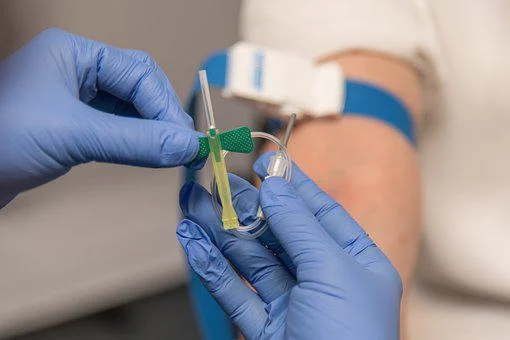How can you keep everyone safe at home while caring for yourself or a loved one? Who needs to be looked after at home? How can other family members be protected from COVID-19 infection? What red flags should you check for that indicate it’s time to contact your doctor?
If your quick test or PCR test in Dubai comes up positive, regardless of your vaccination status, you should isolate yourself from other people. If you’re awaiting test results or have COVID-19 symptoms (especially if you’ve had recent close contact with someone who has COVID-19), follow this advice.
What does isolation imply?
Isolating for COVID-19 means staying at home until it’s safe to return to social situations. This should be done for at least five days. The day your symptoms began is Day 0. Day 0 is the day you receive your positive test result if you’re asymptomatic (without symptoms).
While you’re in isolation, you should:
1.Observe your symptoms. If you have problems breathing or other warning signals, seek medical help right away.
2.Separate yourself as much as possible from other family members, especially pets. If possible, use a separate bathroom. Personal belongings such as eating utensils, drinks, and towels should not be shared.
3.Make your home as airy as possible (e.g., open windows if weather permits).
4.When you can’t avoid other people in your residence, wear a well-fitting mask.
You can come out of isolation if your symptoms are better and you haven’t had a fever for 24 hours at the end of the 5-day period. Continue to wear a well-fitting mask around others at home and in public for another 5 days after that. Avoid venues like restaurants where you won’t be able to wear a mask. Should you test again after the 5-day period of isolation? If you have access to a home fast (antigen) test, you can use it at the conclusion of your isolation time, according to the CDC.
Do you require assistance in obtaining a COVID-19 test?
Depending on where you reside, you may be eligible for help with scheduling COVID-19 tests and getting to and from testing sites. If you’re alone, you might be able to have food delivered to your home. Here are some suggestions for receiving the assistance you require:
If you’re having problems making appointments online, contact a doctor on call service for help. You might also enlist the assistance of a tech-savvy family member, friend, or neighbor.
What to do after your 7 days of self-isolation
When you stop self-isolating after 7 days, you must take extra precautions for another 3 days to avoid transferring COVID-19 to others.
Pay great attention in areas where it’s crowded, an enclosed place or a poorly ventilated environment. You ought to keep close interaction with people outside your household to a minimum. So these small steps might help you and others from spreading COVID 19
- Face protection such as a medical mask or a respirator should be worn.
- Avoid contact with someone who has COVID-19 and is at a higher risk of getting sick.
- Follow all of the regular COVID-19 precautions to protect yourself and others.
- If at all possible, work from home.
Doing everything you can to avoid becoming infected with the COVID-19 virus is the greatest method to protect yourself against the post-COVID-19 condition. This includes getting vaccinated and adhering to the many public health and social measures that can help you avoid becoming infected with the COVID-19 virus and transmitting it. The best method to protect oneself from COVID-19 is to take a mix of measures, and as WHO frequently advises, “Do it all!”

